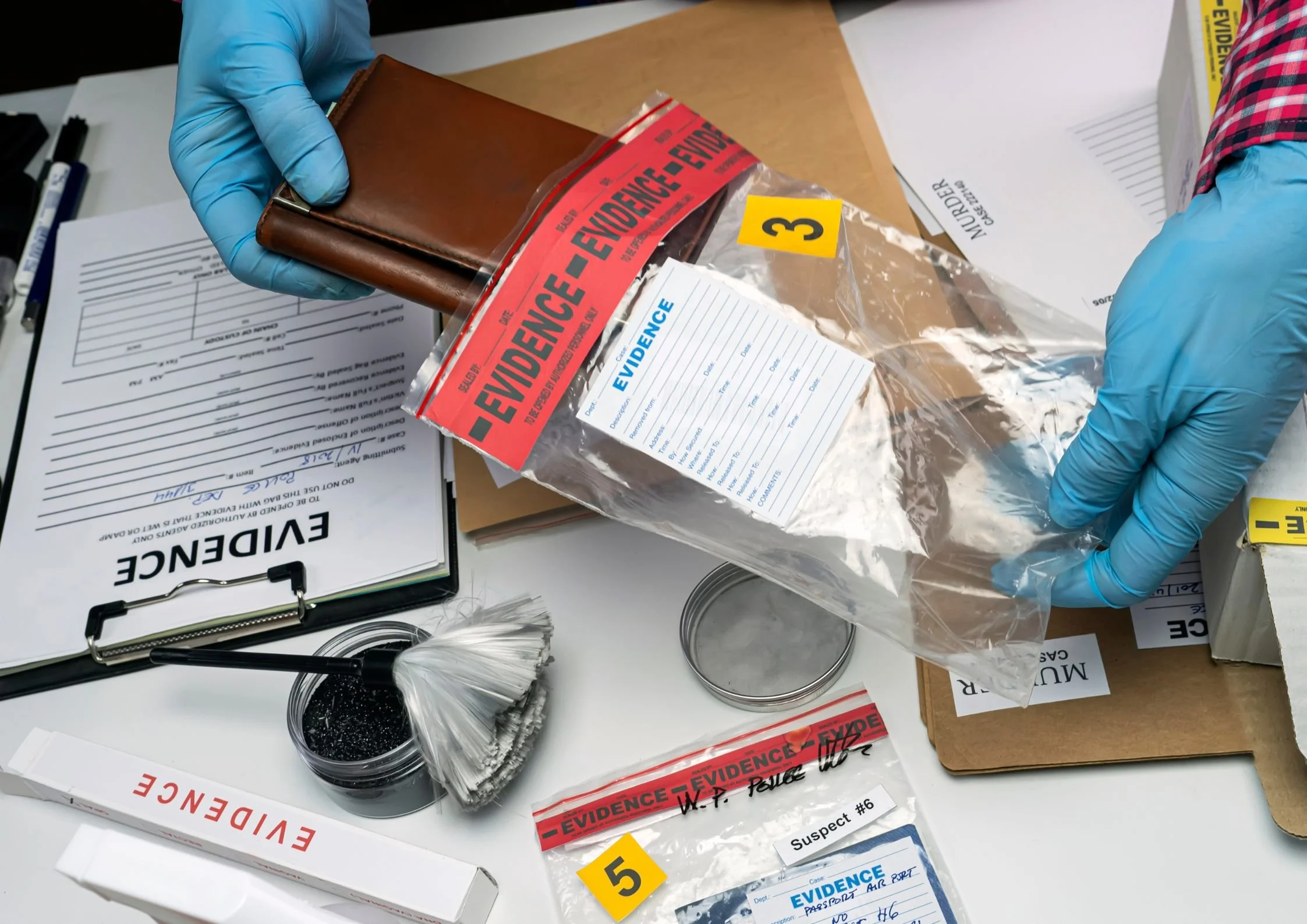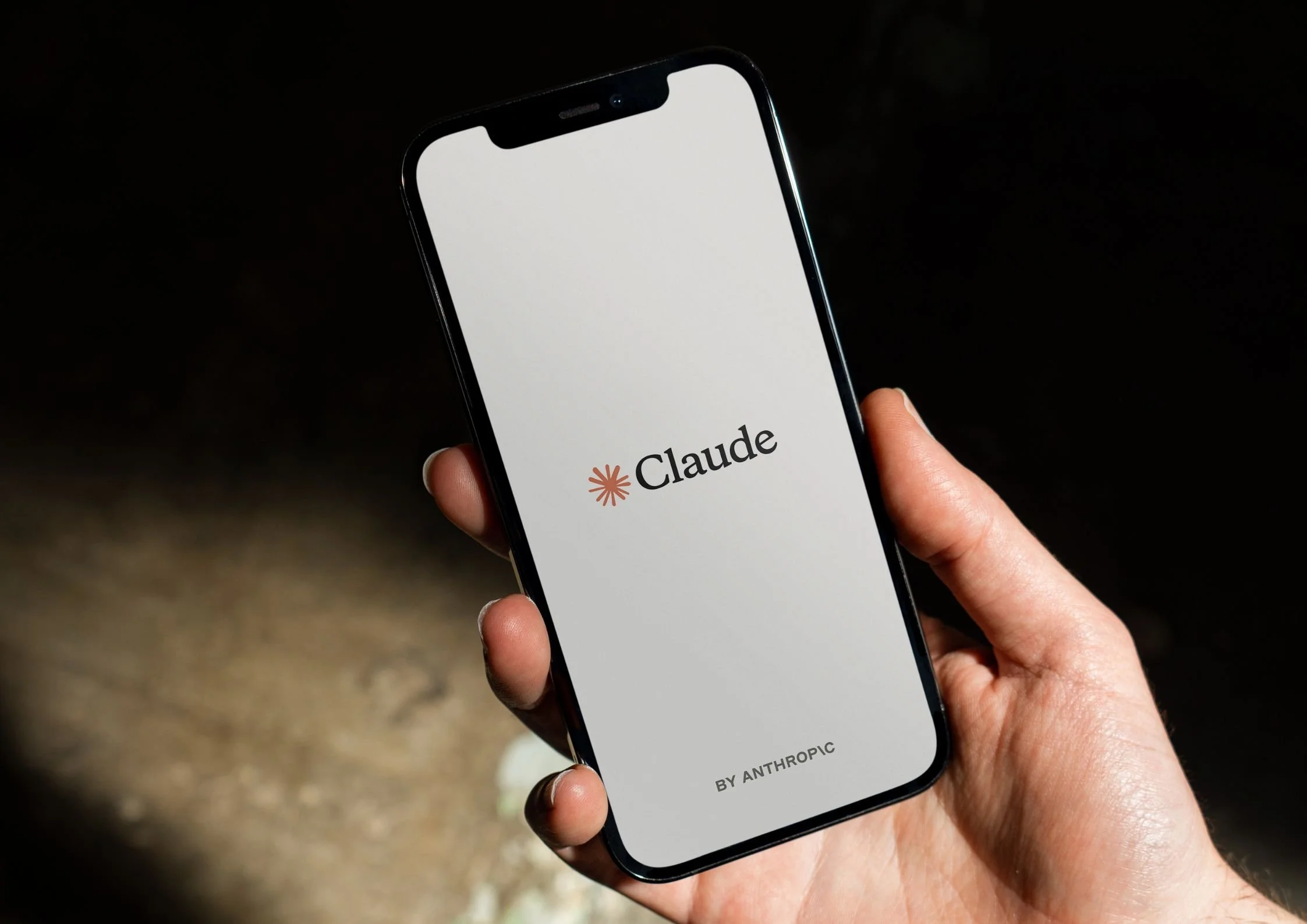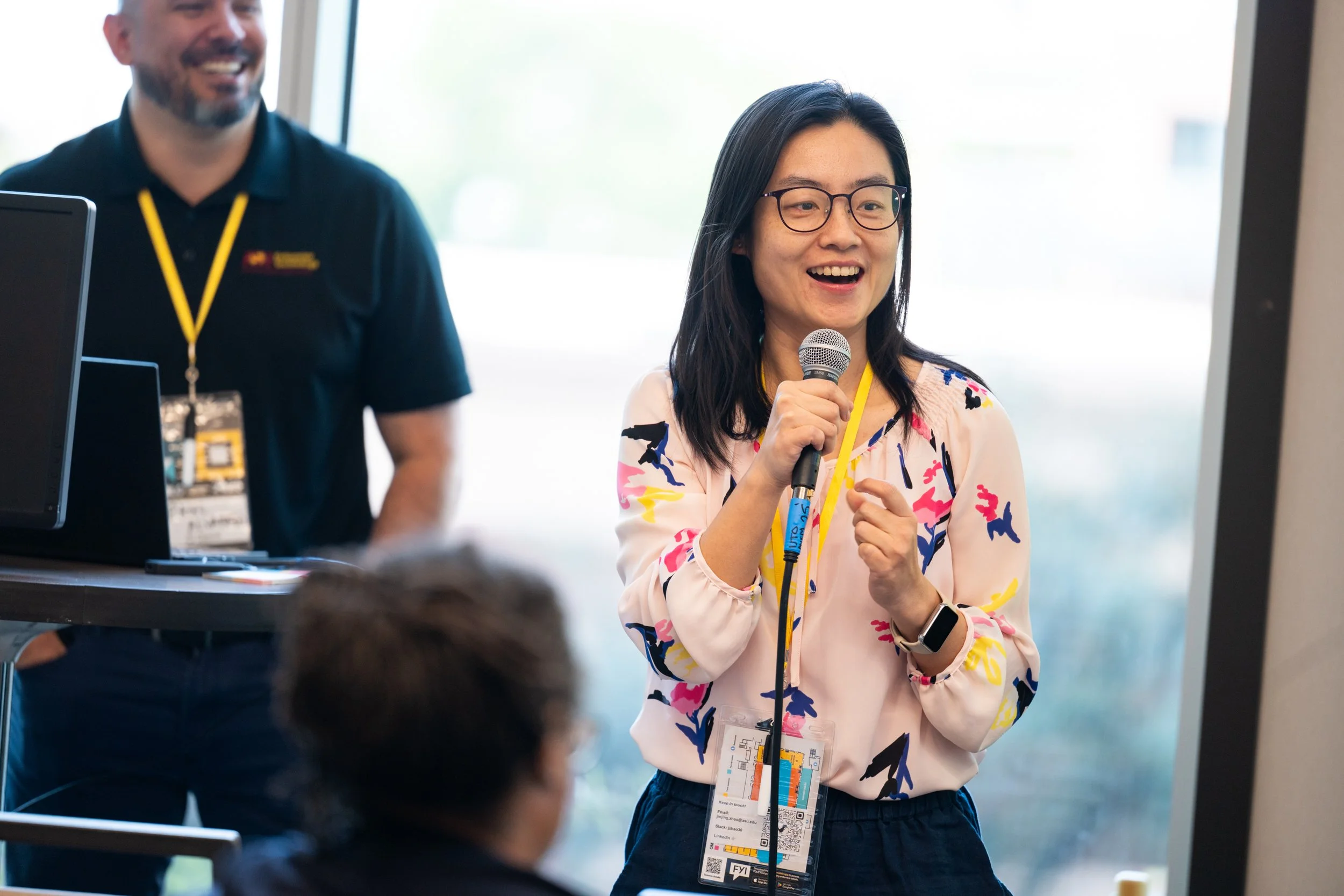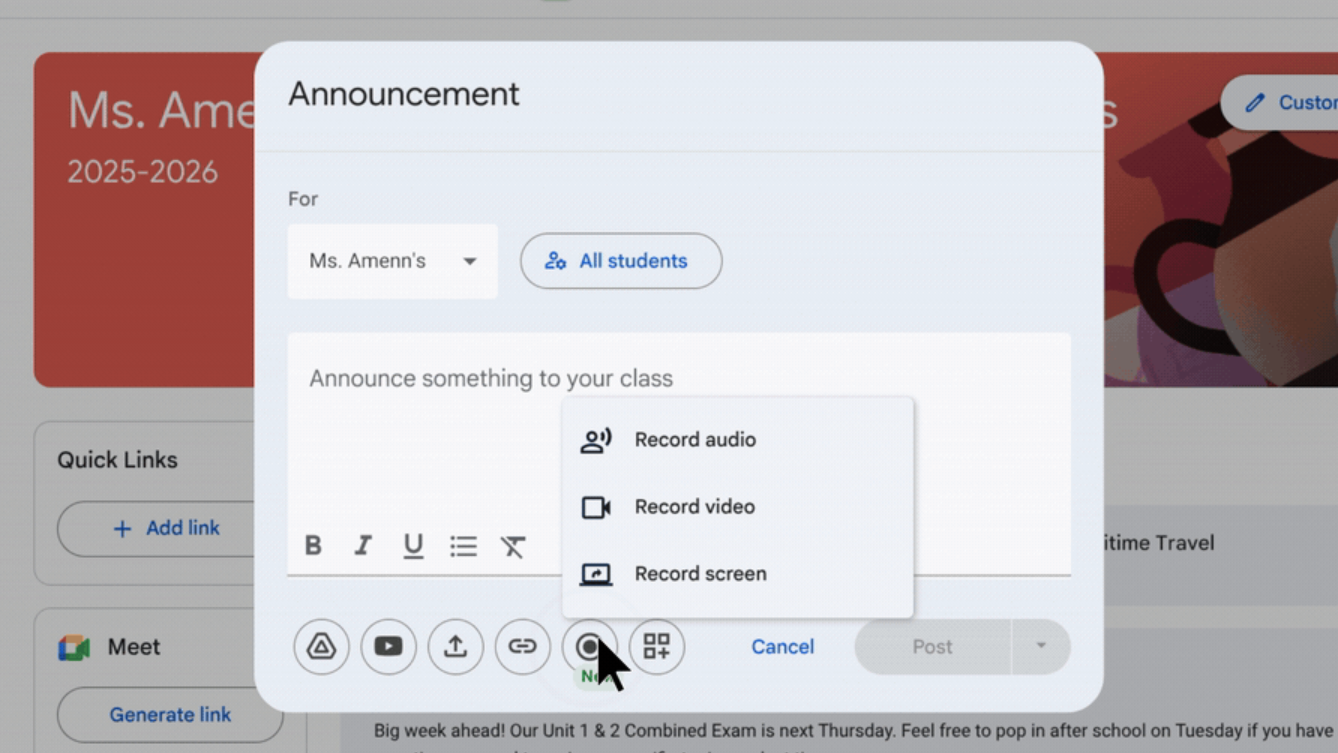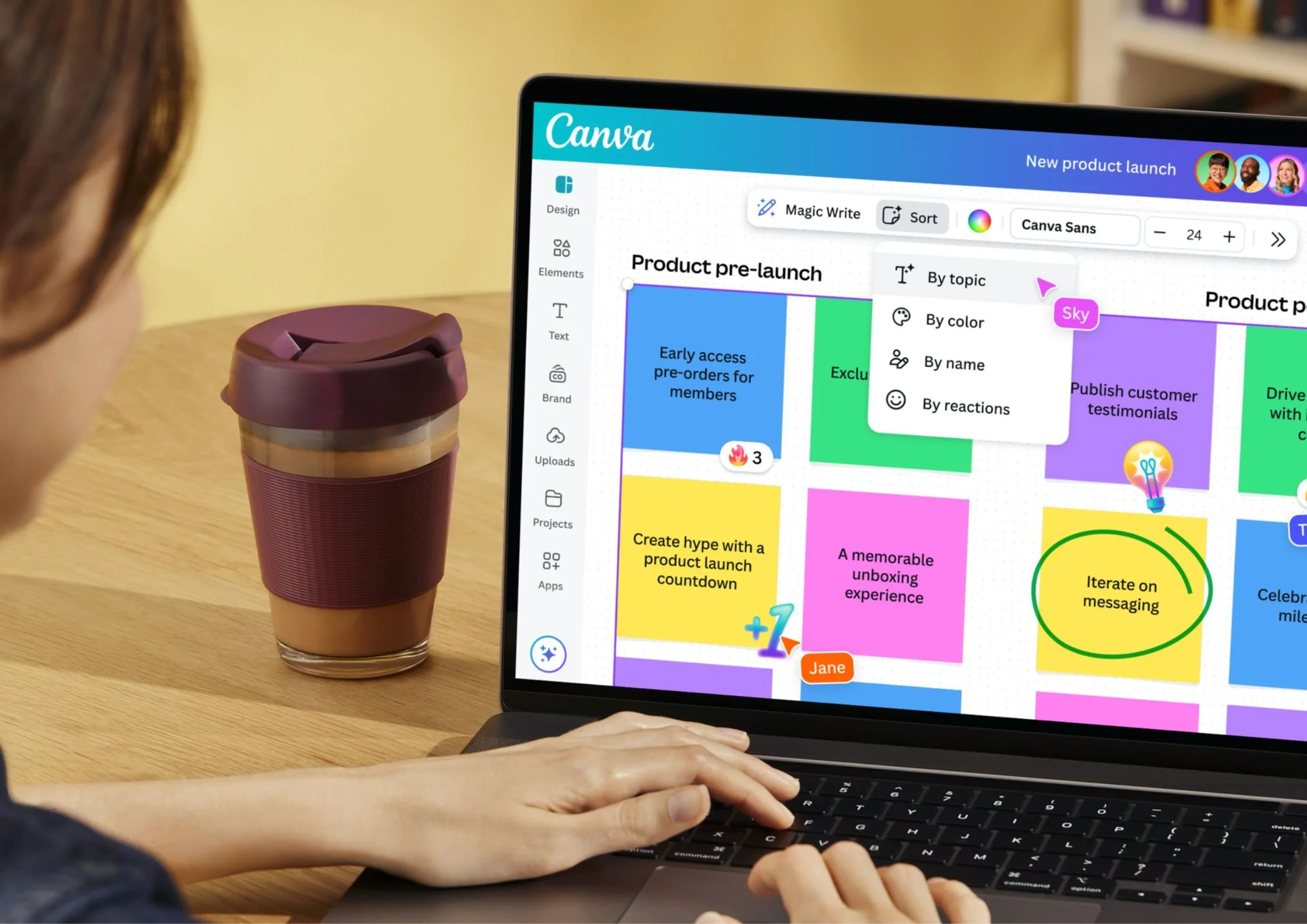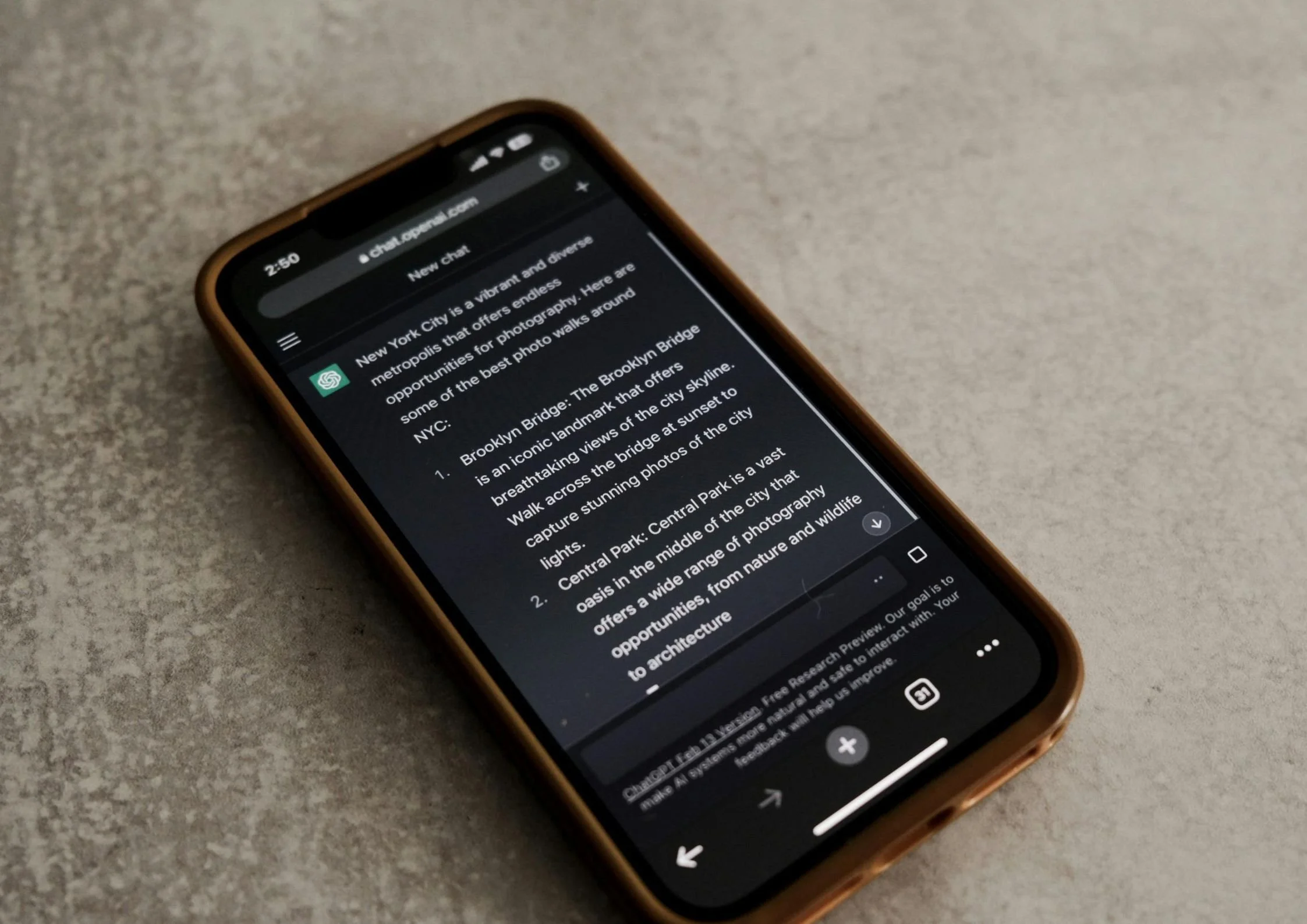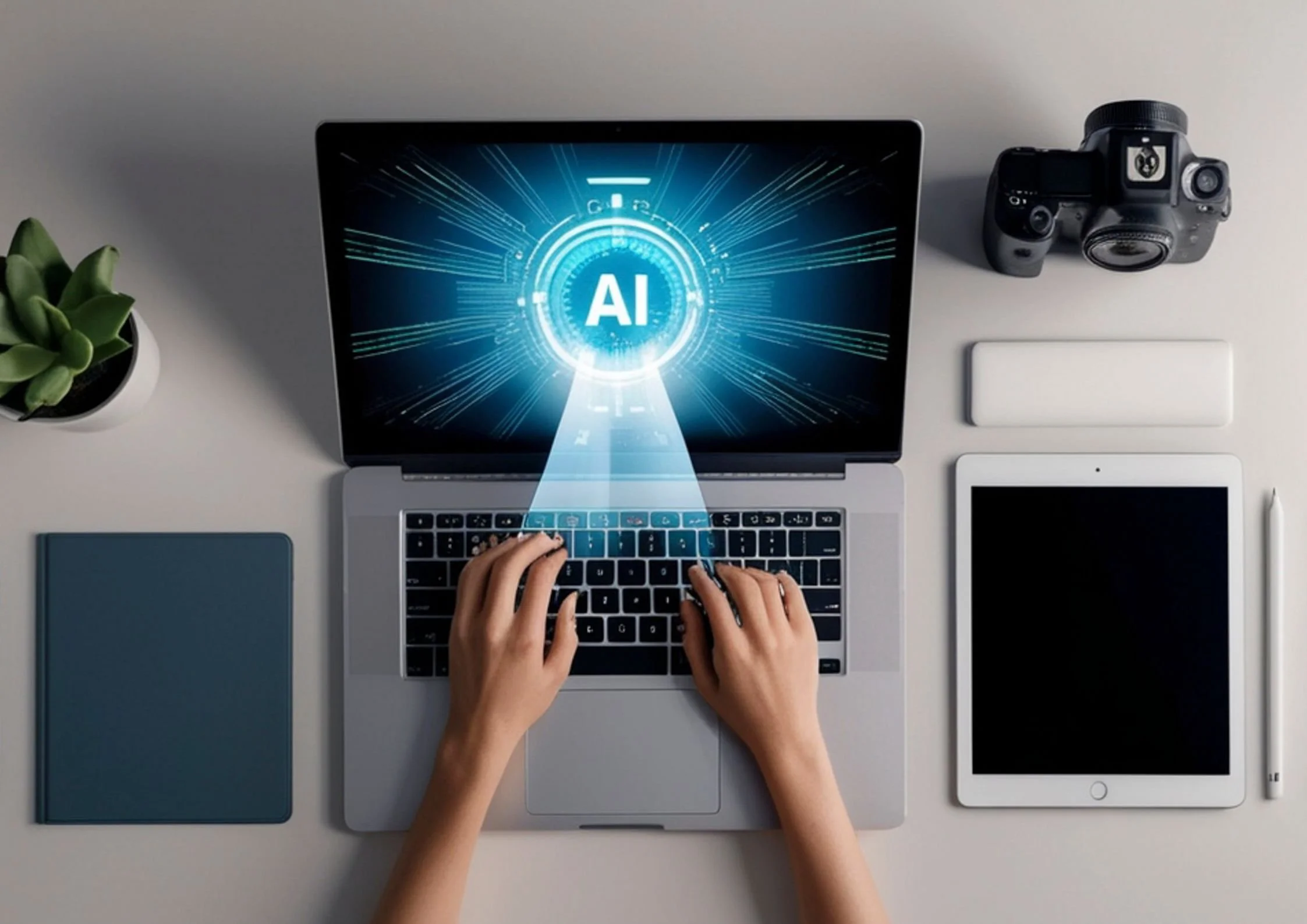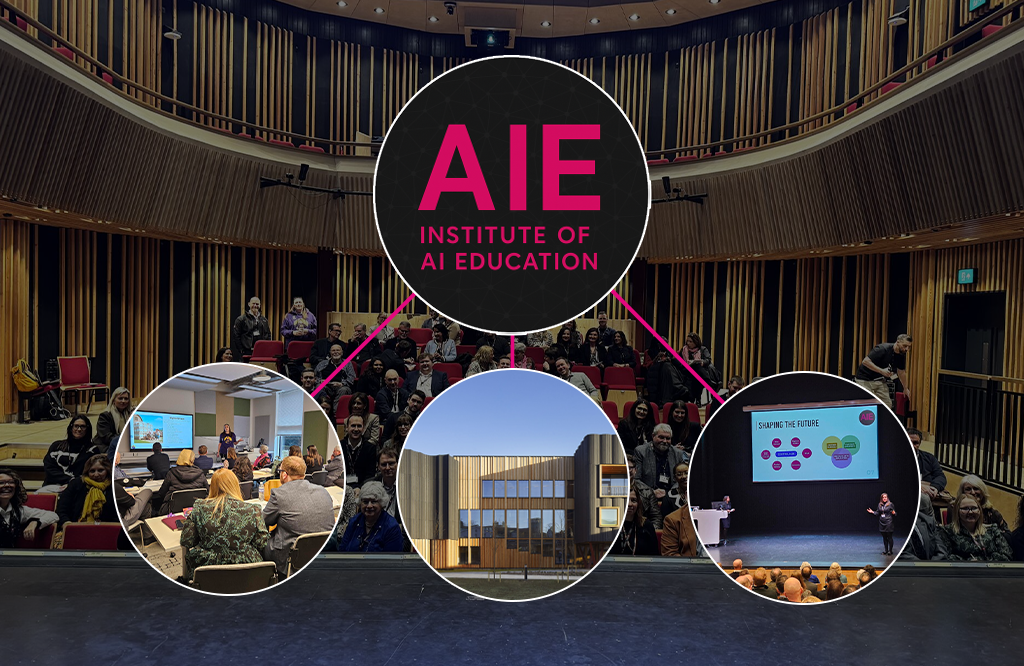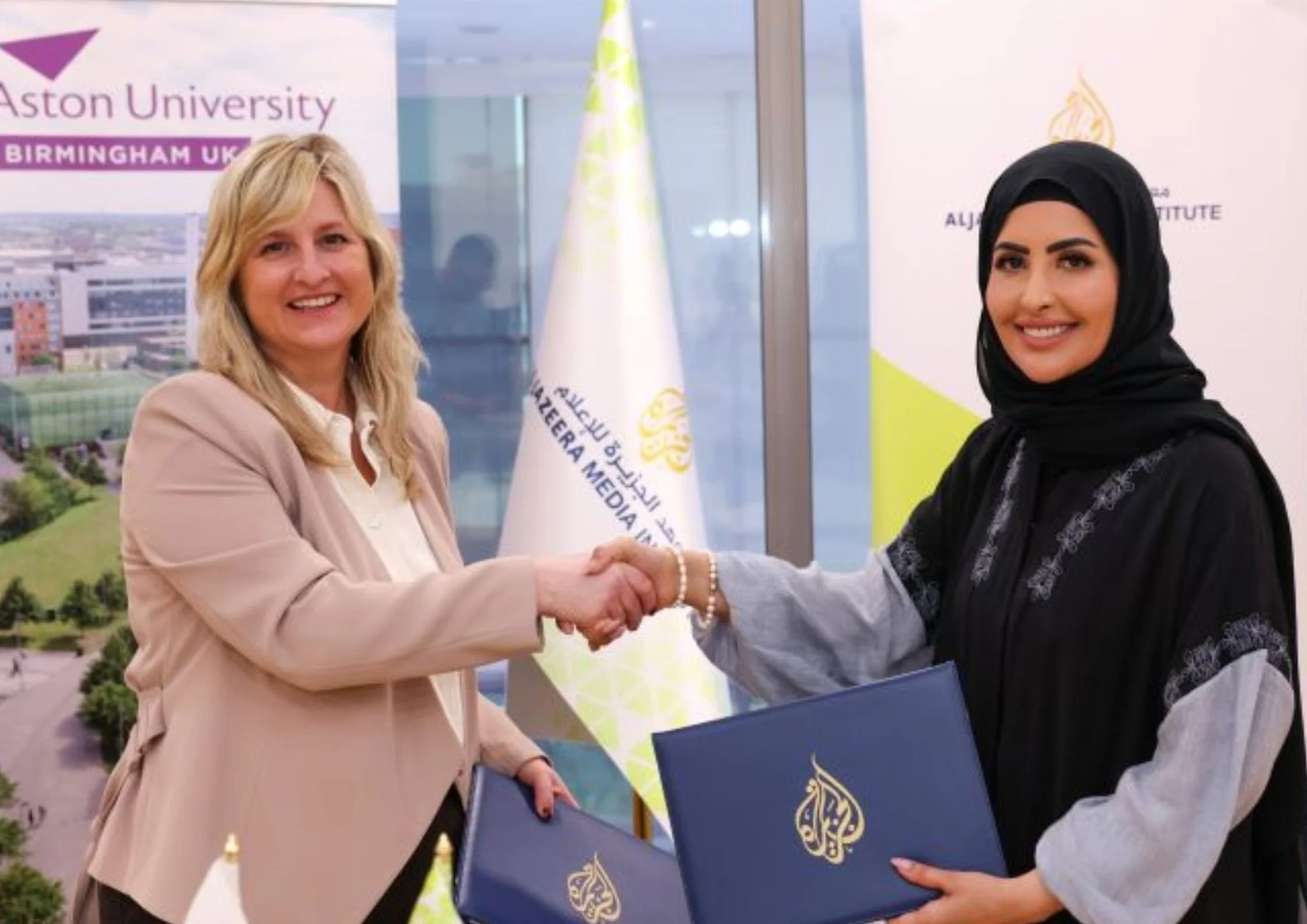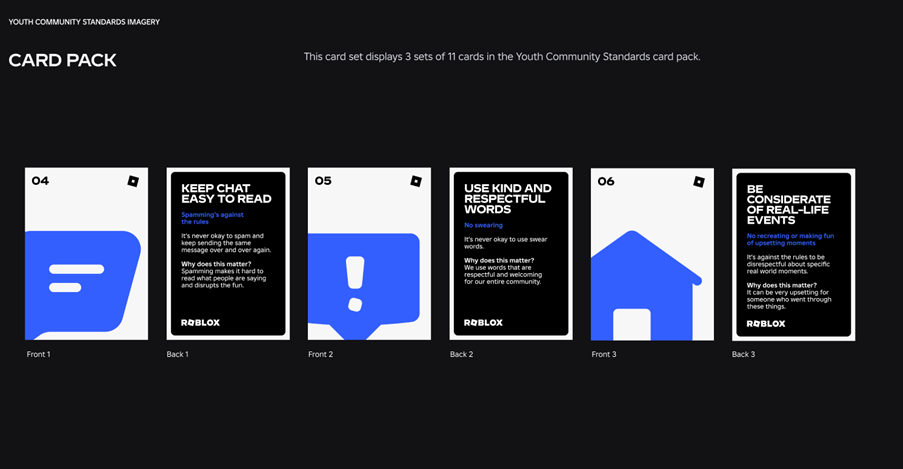New data suggests that GCSE results from this year and next year will be the most impacted by Covid-19 era disruptions
New data from payment provider ParentPay Group has found that teachers believe this year and next year’s GCSE results will be the most impacted by the disruptions associated with the Covid-19 pandemic.

ParentPay found that 24 percent of teachers believe this year’s Year 11s were most impacted by the Covid-19 pandemic and 15 percent said Year 10s were the most impacted.
Louise Pink, Account Manager at ParentPay Group tells ETIH: “As A-level students collect their results and attention turns to next week’s GCSE results, the longer-term impact of the pandemic remains in sharp focus. Even five years on, many teachers say they’re still seeing the consequences of disrupted education - particularly among those who were at critical stages when lockdowns began.
“Our research highlights Year 11 students as the most impacted group, with nearly a quarter of teachers identifying them as the worst affected by pandemic-related learning gaps. Year 10 is close behind with 15% - another critical year in the run-up to GCSE exams.”
The survey also found that some students are now more than two years behind expected standards and teachers said absenteeism, behaviour challenges, and mental health struggles were continuing to hinder children’s learning.
“This year’s GCSE students missed out on vital milestones at the end of primary school and faced a turbulent transition to secondary. That shaky start has had lasting effects, with more than half (56%) of teachers saying their most affected pupils are over half an academic year behind,” Pink adds.
“Behind every data point is a young person who has battled disrupted routines, wellbeing challenges, and patchy progress. Teachers continue to work tirelessly to close those gaps, but it’s clear that long-term support is still needed. These results are a timely reminder of the resilience shown by pupils - and of the responsibility we all share to ensure no child is left behind.”

